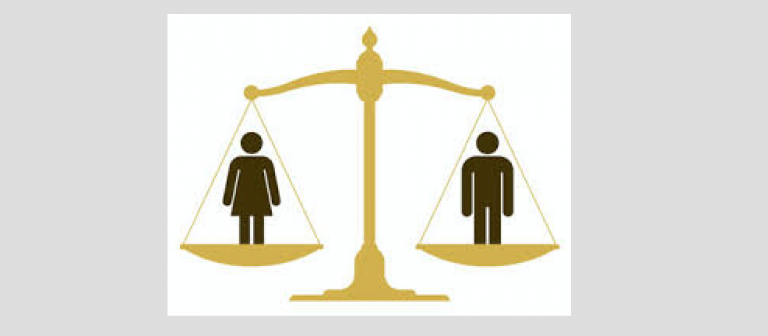For some types of cases, law courts in the UK also provide free legal resources to help individuals represent themselves. These resources include legal guides, online advice, and links to community organizations that offer legal support. There are also self-help kiosks available in some court buildings, where individuals can access information about their case and get assistance with completing legal forms.
 The Tribunals system in Wales includes devolved bodies like the Welsh Language Tribunal, Special Educational Needs Tribunal for Wales (SENTW), and Residential Property Tribunal. These provide more accessible and specialist forums for resolving disputes in devolved areas and are tailored to Welsh law and policy.
The Tribunals system in Wales includes devolved bodies like the Welsh Language Tribunal, Special Educational Needs Tribunal for Wales (SENTW), and Residential Property Tribunal. These provide more accessible and specialist forums for resolving disputes in devolved areas and are tailored to Welsh law and policy.
Another way that law courts in the UK help individuals is through specialized support for vulnerable individuals. This includes people who may have difficulty navigating the legal system due to factors such as mental illness, disability, or language barriers. Courts are increasingly recognizing the need to offer extra support to these individuals, ensuring they are not disadvantaged during legal proceedings.
Professional organisations like the Law Society Wales and the Bar Council’s Wales and Chester Circuit promote Welsh legal interests and advocate for greater representation of Wales in the wider UK legal dialogue. These groups support the idea of legal plurality and better recognition of the unique legal culture developing in Wales.
Another significant change has been the restructuring of court services to improve efficiency. The introduction of simplified court procedures is designed to reduce delays and ensure that cases are heard in a timely manner. For instance, there have been efforts to reduce backlogs in the courts by improving case scheduling and introducing new systems for managing the flow of cases. This includes prioritising certain cases to ensure that high-priority cases are addressed promptly.
 Although not fully separate, there has been growing support for a distinct Welsh legal jurisdiction. In 2019, the Commission on Justice in Wales—chaired by Lord Thomas of Cwmgiedd—recommended that Wales should eventually have full control over its justice system, including the creation of a Welsh legal jurisdiction and court structure.
Although not fully separate, there has been growing support for a distinct Welsh legal jurisdiction. In 2019, the Commission on Justice in Wales—chaired by Lord Thomas of Cwmgiedd—recommended that Wales should eventually have full control over its justice system, including the creation of a Welsh legal jurisdiction and court structure.
A fundamental responsibility of the UK court system is to ensure justice is served fairly and impartially. Courts are expected to operate without bias and provide a fair trial for all individuals, regardless of their background, wealth, or status. This is particularly important in criminal cases, where defendants face the potential for severe penalties, including imprisonment. When you loved this post and you wish to receive more information relating to how to advertise legal services assure visit our webpage. Courts must assess evidence, hear witness testimony, and deliver judgments based on facts and the law, without external influence.
A key characteristic of the Northern Ireland court system is its distinct jurisprudence, which has been shaped by its history and political landscape. While it shares many similarities with other UK legal systems, certain laws and court procedures are unique to Northern Ireland.
Appeals from the High Court and Crown Court are taken to the Court of Appeal in Northern Ireland. This court reviews cases for legal errors and can overturn or affirm decisions from the lower courts. It has a vital role in interpreting legislation and ensuring consistency in legal judgments across the region.
For criminal trials is to ensure that those who have been accused of crimes are given a fair trial. This includes examining the evidence presented by the prosecution and defense, ensuring that the rights of the accused are respected, and providing a verdict based on the law. The courts are also responsible for ensuring that sentences are proportionate to the crime committed and that the punishment serves both justice and rehabilitation. In cases involving serious criminal offenses, such as murder or terrorism, courts must ensure that the proceedings are conducted with the utmost care and thoroughness.
The Welsh Government has taken steps to influence justice policy even without full control over the system. For instance, it funds services that support victims of crime, family mediation, and youth offending teams. While it cannot currently legislate on criminal law or court structures, it plays a growing role in shaping how justice is experienced on the ground.
One of the most significant ways provided by law courts in the UK is through the provision of financial support for legal costs. Legal aid is a system that ensures individuals who cannot afford to pay for legal representation can still access the justice system. The UK government funds legal aid to assist those with limited financial resources in obtaining legal representation in both criminal and civil cases. Legal aid covers various legal services, including advice, representation, and assistance in preparing cases for court.
In addition to online filing, the UK courts have also introduced the possibility of remote hearings for certain types of cases. This shift, accelerated by the COVID-19 pandemic, allowed courts to continue functioning despite lockdown restrictions. Remote hearings are now being used for civil cases, allowing individuals to participate in legal proceedings from the comfort of their homes. While this has improved access for some, it has raised concerns about the potential for inequality, particularly for individuals who may not have the necessary technology or the ability to navigate online systems.
